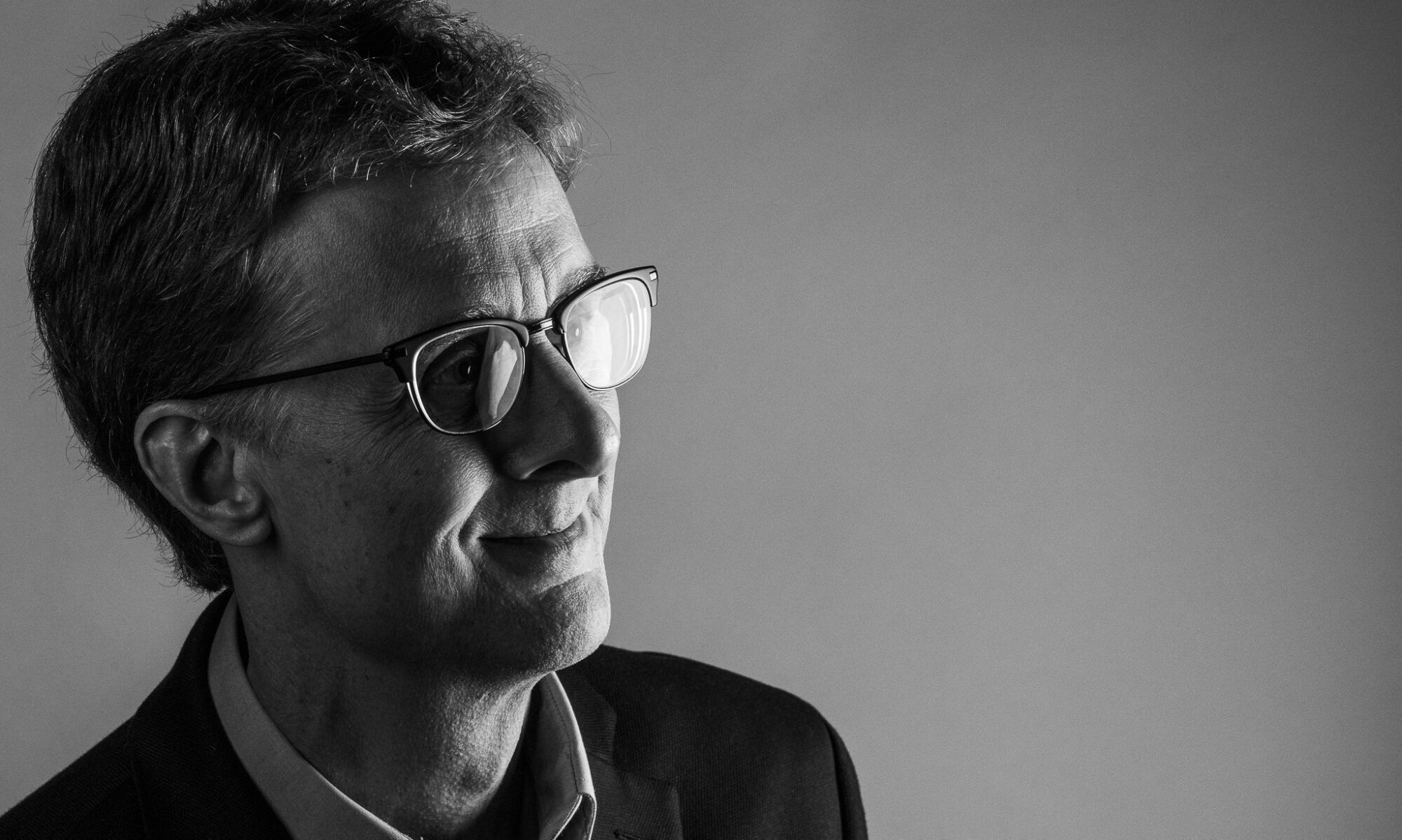The latest entry in ESPN’s terrific ’30 for 30′ film series is “The Best That Never Was” about former University of Oklahoma running back Marcus Dupree. It chronicles his meteoric rise to becoming the most highly recruited high school player ever, immediate success as an unstoppable freshman for the Sooners, fall from grace, career-ending injury in the defunct USFL, and resurrection five years later for one final moment in the NFL. Watching it, I didn’t feel the least bit sorry for his plight. Marcus Dupree seems at peace – some 28 seasons removed from when he dominated the sports headlines.
What you may not know is there was a player who preceded him at OU by two decades who also was a surefire-can’t-miss-future-Hall of Famer: Joe Don Looney. Coincidentally, The Sporting News featured an article 15 years ago titled “The Greatest Player Who Never Was.”
After graduating from Ft. Worth Paschal High School in 1960, Joe Don opted not to play college football. However, after flunking out of the University of Texas and getting kicked out of TCU, he enrolled to play at a junior college in Oklahoma, where he led the team to the Juco national championship. The following year, playing for the Sooners, Joe Don Looney was a first team All-American. Unable to control his attitude, temper and nighttime sojourns, he left the team – just like Dupree – in the middle of his second season.
He then played for five NFL teams in five seasons… interrupted by a year serving in Vietnam. After retirement, Joe Don Looney exhibited behavior fitting of his last name: experimenting with cocaine, LSD and heroin; living on a boat in Hong Kong; taking care of a guru’s elephant in India for seven years; building and living in a solar-powered dome house in the far-off mountains of West Texas, 70 miles from the Mexico border. In 1988, at age 45, Joe Don Looney died in a motorcycle accident when he failed to hit the brakes on a curve.
On one of the walls of his home was a quote from Agnes Repplier: “It is not easy to find happiness in ourselves, and it is not possible to find it elsewhere.” The magazine article noted he once said: “If the end zone is where happiness is, I’d be living there. It’s not, so I’m living here.”
There are lessons to be learned from Marcus Dupree and Joe Don Looney… not the least of which is potential only goes so far.
– – – – – –
NFL Careers:
Joe Don Looney – 724 yards rushing, 26 catches, 13 TDs
Marcus Dupree – 251 yards rushing, 6 catches, 1 TD

